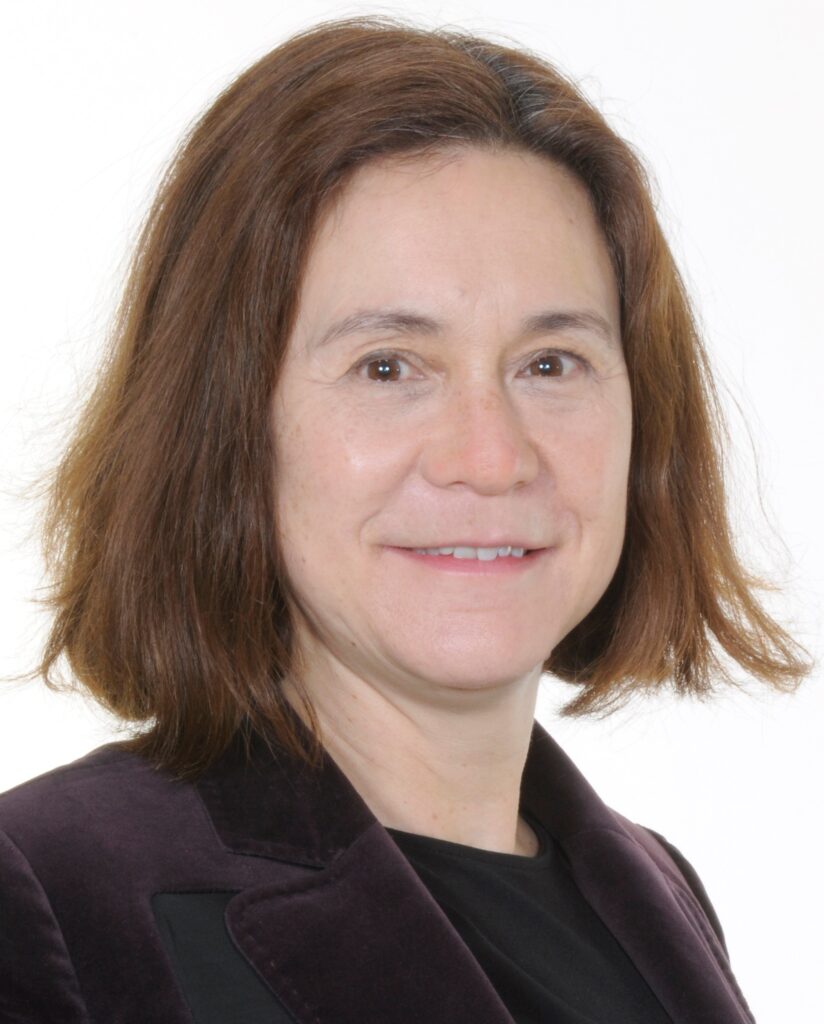Lead: Professor Michele Hu
Parkinson’s disease (PD), like many brain disorders, start many years before symptoms become apparent to patients and their doctors. Our research has shown that people with REM sleep behaviour disorder (RBD) often go on to develop Parkinson’s more than a decade later.

People with RBD enact their dreams, with often violent physical movements, talking and shouting. Typically, they may also lose their sense of smell or experience mood and other changes many years before showing the classic symptoms of Parkinson’s.
If we can detect these warning signs at an early stage, we can diagnose Parkinson’s much earlier and improve the quality of life for patients and their loved ones.
Our work is strongly rooted in the Oxford Parkinson’s Disease Centre (OPDC) Discovery Cohort, which comprises 1,600 participants from the Thames Valley region followed up since 2010. Local Parkinson’s UK support groups have worked with us to shape the research and given us vital advice on reaching all Parkinson’s patients, including those who are especially hard to reach.
Research at the Oxford Parkinson’s Disease Centre (OPDC) Discovery cohort is focusing on people with RBD, offering them the opportunity to be followed up over time and contribute to our understanding of this condition. Find out about becoming a Discovery cohort participant with RBD. Our research has led to the first ever treatment trial in RBD, expected to get under way in late 2023, testing a tablet which reduces brain inflammation versus a placebo tablet in people with this condition.
Our RBD patient cohort gives an important window into earlier or prodromal Parkinson’s, where motor symptoms such as tremor have not yet developed. By following their progression, we can test new biomarkers – for example brain imaging, blood tests and digital methods such as smartphone apps or wearable accelerometers – that might predict future PD progression. Ultimately, this will allow us to develop a simple test that can be applied at a wider population level through general practice.
We know that certain abnormal proteins in the cerebrospinal fluid, such as alpha-synuclein, are biomarkers for PD. Other ‘misfolded’ proteins can be an early warning sign for other conditions, such as motor neurone disease, Alzheimer’s and other forms of dementia.
Using a technique called real-time quaking-induced conversion, we can aggregate or amplify the proteins in a spinal fluid sample. This promises to be a useful early diagnostic test which will allow us to stratify our patients and identify those at highest risk of progression to PD.
Working with the BRC’s Translational Data Science Theme, we are following around 1,000 patients with early PD from our Discovery Cohort over a 15-year longitudinal study to develop a prognostic index to predict who will develop severe disease earlier. The aim is to tell a patient at diagnosis when they are likely to develop typical PD symptoms and individually predict how things might change or progress over the next 10 years that they live with PD
Following similar studies with our RBD sleep group, we are using data from participants in the UK Biobank who are wearing wrist accelerometers for a week. Data from those participants who go on to develop PD will be invaluable in developing a model for the earlier diagnosis of the disease.
We are developing simple tests that can be carried out on a smartphone which can help to predict future change in people in the early stages of PD, and so determine the support they may need. We are also using web-based testing that can diagnose or predict cognitive decline in our patients, as well as home-based sleep testing to diagnose early PD.
Our theme is also involved in a number of drug trials, including a phase 3 clinical trial looking at whether the diabetes treatment exenatide can slow the progression of PD, and whether ketone supplements – chemicals produced in the liver – can increase the ability of PD patients to exercise, which in turn can slow the progression of the disease.

Read more about our Parkinson’s disease research.
Read an interview with Professor Hu on RBD and prodromal Parkinson’s from the 2023 World Parkinson’s Disease Congress.
Read a News Medical interview with Professor Hu: The Parkinson’s Pandemic: from the importance of early diagnosis to digital solutions
The Oxford Parkinson’s Disease Centre OPDC offers many opportunities for patients and their families to be involved in research. Please search the Centre’s website, dpag.ox.ac.uk/opdc/opdc-home, to find out more how to take part as a public contributor or a research participant .
Opportunities to get involved also include joining a patient group or signing up to a specially designed database:
OPDC Data Access Committee
A group of people including, clinicians, statisticians and patients who review applications for access to data OPDC has collected for research purposes. This is a great way to build collaborations with other groups and to also aid further publications and findings.
OPDC Digital Users Volunteer Group (DUG)
A group of patient and public volunteers, some of whom have Parkinson’s, who offer potential participants in research studies practical support and advice on how to sign up and take part in research online.
PD Raft
A database for people with Parkinson’s or Parkinson’s related conditions who can sign up to receive opportunities specific to their situation, that maybe of interest to them.
If you would like more information about how to get involved as a public contributor or to sign up to PD Raft, then please contact parkinsons.discovery@nhs.net for more information.